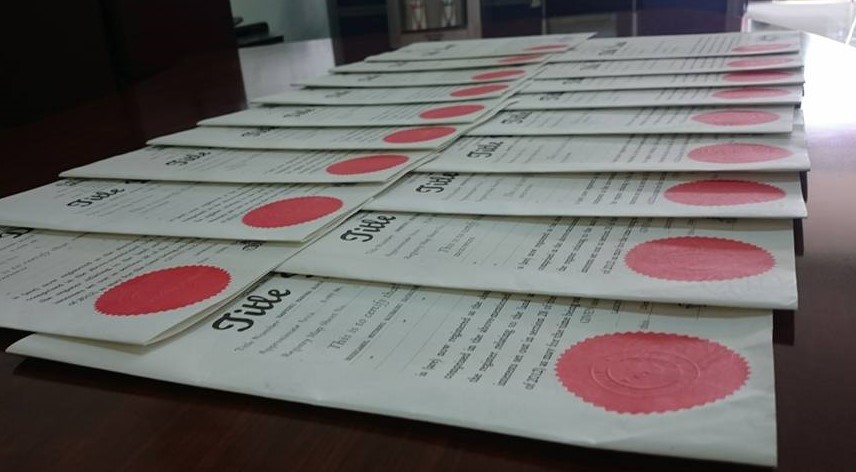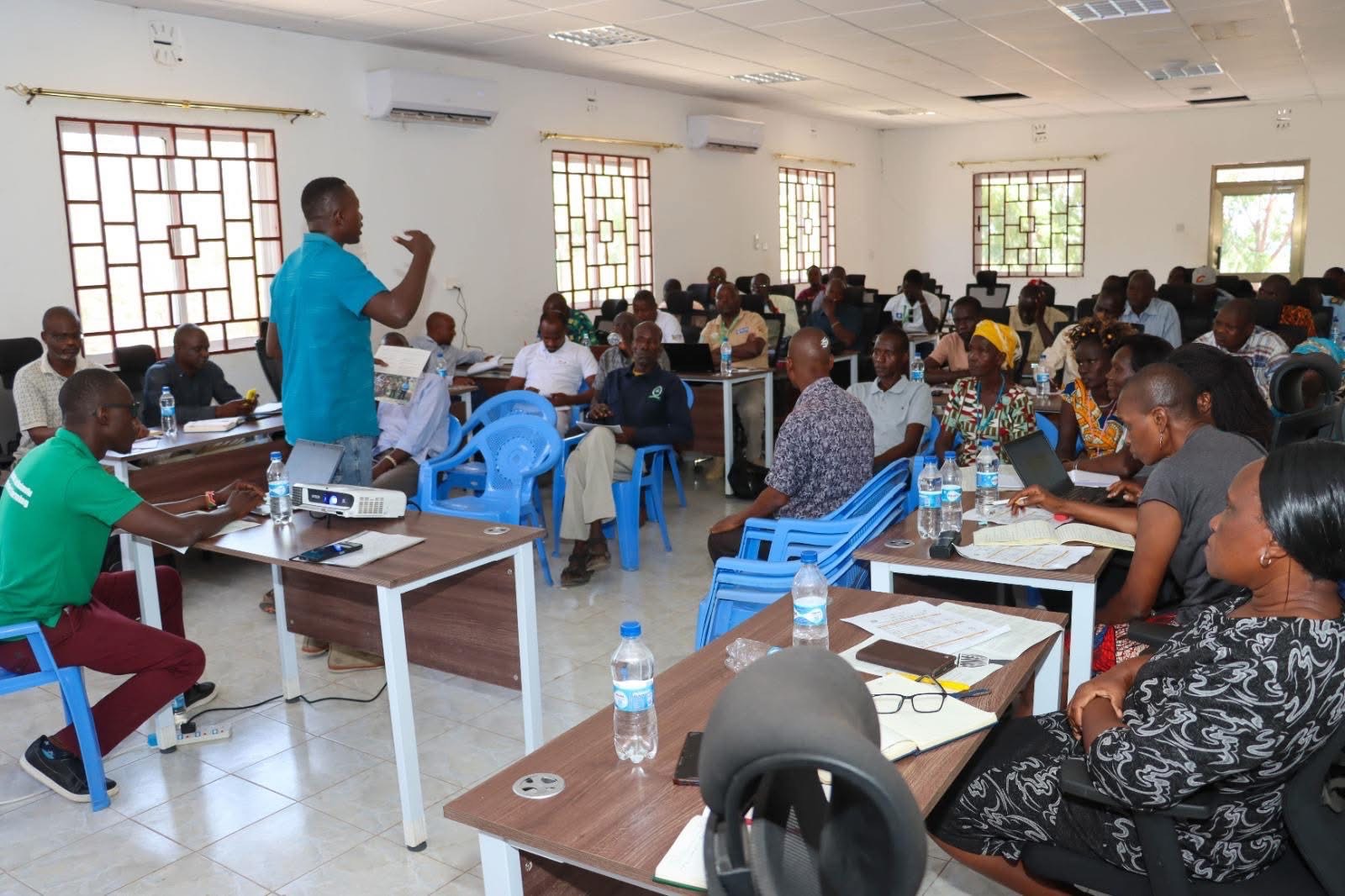Kenya's fake title deeds crisis threatens foreign investment, says US report

The fraudulent practices have created an intricate web of deception, where brokers and rogue intermediaries work in collusion with corrupt government officials to forge documents and illegally transfer land.
In Kenya, the deceptive allure of land ownership has turned into a dangerous trap, threatening to cripple the country’s reputation as a haven for investors.
The issue of fake title deeds is surging once again, sending ripples of concern across both local and international communities.
More To Read
- Lands Ministry pushes for Sh6 billion fee waiver to unlock land titles
- MPs fault Lands Ministry for laxity, urge DCI to intervene in stalled fraud cases
- Amos Kimunya denies wrongdoing in Sh60 million land deal
- Court finds former Nairobi PC Chelogoi has case to answer in land fraud involving Lower Kabete parcel
- KNEC seeks public help to recover lost land title
- Juja MP George Koimburi to face land fraud charges
According to the Business Daily, the United States government has raised the alarm, highlighting the detrimental effects these fraudulent documents are having on foreign direct investments (FDI) in the country.
For the first time, a report from the US Trade Representative (USTR) has specifically named the proliferation of fake title deeds as a significant barrier to investment, shining a harsh spotlight on the nation's land system.
According to the USTR report, these fraudulent land ownership documents have become a major obstacle in Kenya’s efforts to attract international investors.
“The process for leasing developed land and property is clear and established, but the process for obtaining leasehold title of undeveloped land is opaque and unreliable,” the report says, as reported by Business Daily.
Intricate web of deception
The fraudulent practices have created an intricate web of deception, where brokers and rogue intermediaries work in collusion with corrupt government officials to forge documents and illegally transfer land.
This trend has led to a dramatic rise in court cases and land disputes, some of which have tragically resulted in deaths.
For many, the land fraud syndicates have become an almost invisible but powerful force, manipulating records at the land registry to create fake titles that have been used in illegal transactions.
This system has allowed criminals to secure loans using non-existent properties, leading to billions of shillings being lost by banks, companies and workers alike.
As the government struggles to clean up the mess, the crisis has now garnered global attention, particularly from Washington.
Undeveloped land
A significant portion of the problem lies in the registration of undeveloped land. In this area, investors face the grave risk of receiving fake title deeds or discovering that their land is double-registered with multiple conflicting titles.
The lack of a transparent and trustworthy process for acquiring undeveloped land leaves many victims in its wake, complicating the investment climate and dissuading potential foreign capital.
The Kenyan government has vowed to implement reforms to address the crisis.
Verify titles digitally
A key part of the strategy involves moving decades-old land records online, making it possible for landowners and potential buyers to verify titles digitally.
Lands Cabinet Secretary Alice Wahome has already announced steps to enhance the security features of title deeds to help prevent counterfeiting.
However, there have been challenges, with some lawyers and cartels resisting the digitisation plan, fearing that it would disrupt their fraudulent operations.
Despite these hurdles, the government remains committed to tackling the issue, which is exacerbated by the growing demand for land driven by Kenya’s rapidly expanding farming and real estate sectors.
With land becoming an increasingly precious commodity, the temptation for fraudsters to exploit the system is stronger than ever. This trend has created a network of sophisticated cartels targeting vulnerable land buyers.
The fraud typically begins with officials at the archives department, where records of land ownership are kept.
Green card
Criminals looking to forge documents target these records, including the crucial "green card" that tracks a land parcel's entire history.
The forgers replicate not only the title deed but also the identity documents and signatures required for the fraudulent transactions. With forged documents in hand, the fraudsters then find unsuspecting buyers, offering them seemingly legitimate deals that later unravel as fake.
In addition to the personal losses suffered by those defrauded, banks have also been severely impacted.
The most notable case occurred in 2019 when NCBA and Equity Bank collectively lost nearly Sh500 million in a title deed scam.
The three banks involved were all duped into believing they held valid claims to a property in Riruta, which had been fraudulently registered under different names. This incident underscored the scale of the problem and its potential to harm Kenya's financial institutions.
As the situation continues to unfold, the US report has highlighted that the fraudulent land ownership documents are now becoming a focal point in trade talks between Kenya and the United States.
This international spotlight adds pressure on the government to act swiftly and decisively in addressing the growing land fraud crisis.
Top Stories Today















































